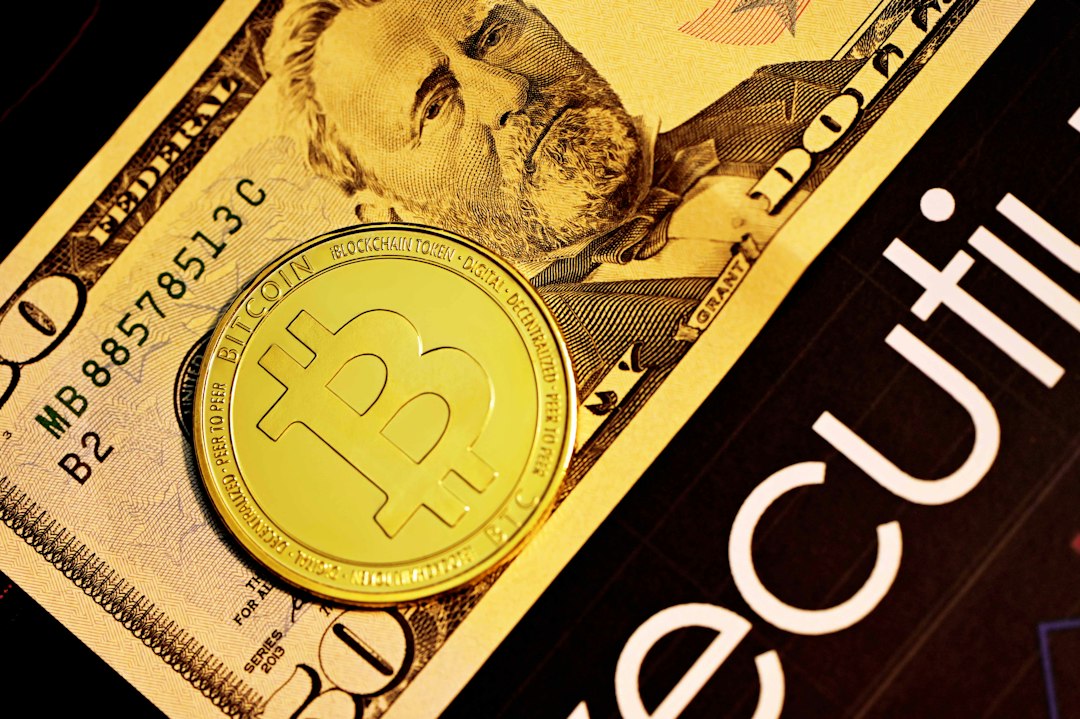Exploring the Technology Behind H2O DAO Coin: The Future of Decentralized Autonomous Organizations
When it comes to cryptocurrency, you may have heard about Bitcoin and Ethereum. But have you ever considered the potential of H2O DAO Coin? This innovative digital currency is at the forefront of the decentralized autonomous organization (DAO) movement, offering a new way to organize and govern without centralized control. In this article, we’ll explore the technology behind H2O DAO Coin and its potential to revolutionize the way we think about organizations and governance.
The Rise of Decentralized Autonomous Organizations
Decentralized autonomous organizations (DAOs) are a new form of organizational structure that operates without centralized control. Instead of relying on traditional hierarchies and decision-making processes, DAOs use blockchain technology to enable decentralized decision-making and governance. This allows for greater transparency, accountability, and efficiency in how organizations are run.
With the rise of blockchain technology, DAOs have become increasingly popular as a way to create more democratic and transparent organizations. And at the forefront of this movement is H2O DAO Coin.
What is H2O DAO Coin?
H2O DAO Coin is a cryptocurrency that is specifically designed to support decentralized autonomous organizations. It is built on a blockchain network that enables transparent and decentralized governance, allowing for more efficient decision-making and organizational management.
The primary goal of H2O DAO Coin is to provide a platform for creating and operating decentralized autonomous organizations. This means that individuals and groups can use H2O DAO Coin to create their own decentralized organizations, manage resources, make decisions, and distribute rewards in a transparent and efficient manner.
The Technology Behind H2O DAO Coin
The technology behind H2O DAO Coin is based on blockchain, which is a distributed ledger technology that enables secure and transparent transactions. Blockchain technology allows for the creation of smart contracts, which are self-executing contracts with the terms of the agreement directly written into code.
With smart contracts, H2O DAO Coin enables decentralized governance by automating decision-making processes based on predefined rules and conditions. This eliminates the need for intermediaries or centralized authorities, allowing for more efficient and transparent organizational management.
Furthermore, H2O DAO Coin uses proof-of-stake (PoS) consensus mechanism to validate transactions on its network. PoS allows coin holders to participate in block validation according to how many coins they hold, rather than relying on computational power as in proof-of-work (PoW) systems like Bitcoin. This makes H2O DAO Coin more energy-efficient and scalable compared to traditional PoW-based cryptocurrencies.
The Future of Decentralized Autonomous Organizations
As blockchain technology continues to evolve, the potential for decentralized autonomous organizations like those supported by H2O DAO Coin will only continue to grow. With greater transparency, accountability, and efficiency in organizational management, DAOs offer a new paradigm for how we think about organizing and governing.
By leveraging blockchain technology and smart contracts, organizations can operate in a more democratic and transparent manner. This has the potential to revolutionize not only how businesses are run but also how communities can come together to make collective decisions.
Closing Thoughts
H2O DAO Coin represents an exciting development in the world of cryptocurrency and decentralized autonomous organizations. By leveraging blockchain technology and smart contracts, it offers a new way for individuals and groups to organize themselves without relying on centralized control or intermediaries.
If you’re interested in exploring the potential of decentralized autonomous organizations or looking for ways to participate in this emerging movement, consider learning more about H2O DAO Coin. Its innovative approach to governance could pave the way for a more democratic, transparent, and efficient future.





 By
By
 By
By
 By
By
 By
By
 By
By
 By
By